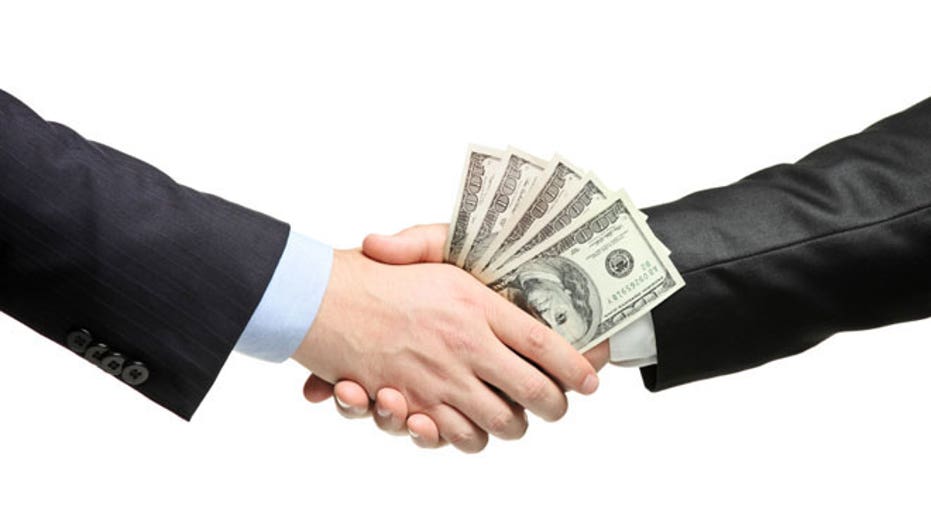Who's Snooping in Your Finances?

Edward Snowden made waves internationally with his revelations about the electronic snooping the U.S. government does into personal communications. But government spooks aren't the only people who may be trying to peer over your shoulder digitally.
The growth of electronic banking has spurred growth in the number and sophistication of criminals using computers to pry into the private accounts of people and businesses. Getting taken by one of these criminals may not be as traumatic as an on-street mugging, but it can be every bit as costly.
Here are some things you can do to protect your accounts from criminal snooping:
- Cover the keypad. Behind you at the ATM or in line at the supermarket checkout, there may be someone waiting to casually observe your PIN for future use. Don't even bother looking behind you -- whatever the situation, get in the habit of using your free hand to screen the keypad as you type in your PIN.
- Take a good look at that gas pump. Thieves are increasingly using credit card skimmers -- devices that look like card readers, but that secretly transmit your credit card information to their operators. If the card reader at a gas pump seems loose-fitting, sticks out more than usual, or doesn't quite match the surrounding equipment, notify a station employee -- and don't insert your card!
- Don't use public networks to view sensitive financial information. Online savings accounts and checking accounts may be increasingly popular, but pick your spots to check your account. Public networks are typically not as secure as those at home or your place of business.
- Don't broadcast your information. Another drawback of accessing sensitive information in public is that if you are using a WiFi hotspot, scammers can use Bluetooth-like devices to pick up the information you are transmitting from your computer to the network.
- Always log off when finished. Wherever and whenever you access your account, always log off the bank site when you are done. Logging off is like locking the door when you leave the house: It doesn't make breaking in impossible, but at least you won't have made it easy.
- Know what's in your wallet. Periodically make a photocopy of the credit cards in your wallet, and keep it in a secure place. This will help you quickly identify the cards and the numbers that need to be reported if your wallet is stolen or missing.
- Go through credit card statements line-by-line. Don't just look at the total amount you owe -- check out each transaction on your credit card bill to spot anything unusual. Some scammers are subtle enough to use card information for a series of transactions that are small enough to go unnoticed, so they can continue to bleed accounts over time.
- Balance your checking account. This involves a statement review similar to checking your credit card statement, but balancing the bank's records against your own is a real double-check for preventing unauthorized transactions of any type from endangering your checking accounts.
Think of your bank accounts as a pile of money: You wouldn't invite a stranger into a room with that money just sitting there, so don't allow criminals to get that kind of ready access to your money electronically either.
The original article can be found at Money-Rates.com:Who's snooping in your finances?



















